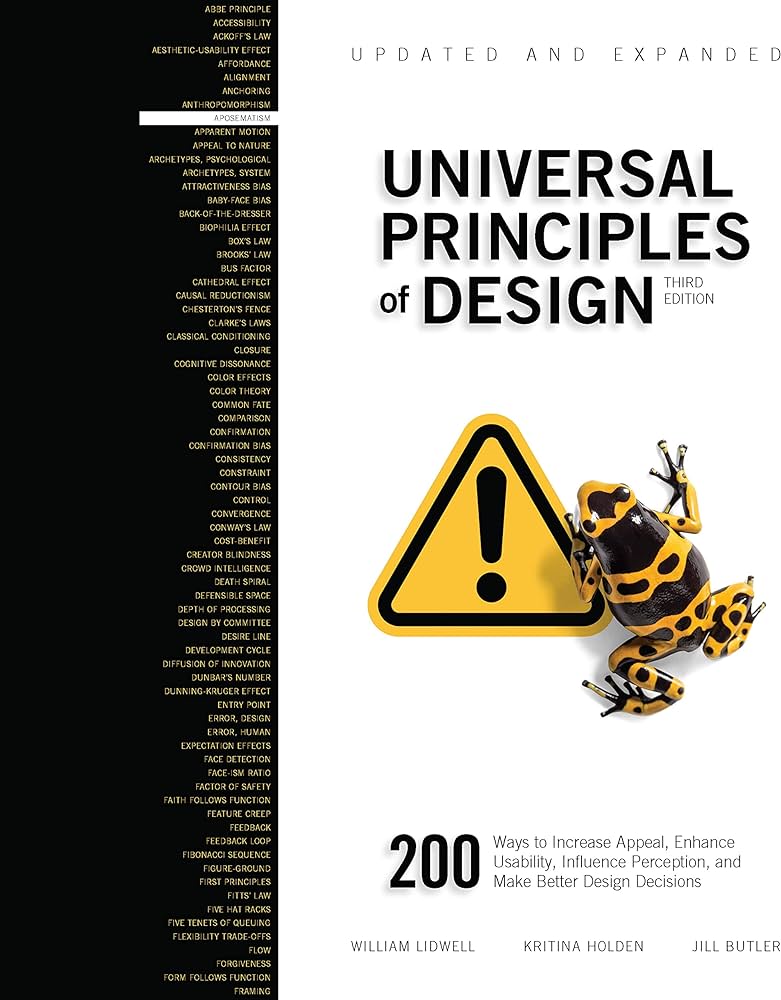The Role of Conditioning in Everyday Decisions
Introduction
Conditioning plays a significant role in shaping our everyday decisions. It is a process through which we learn and adapt to our environment, forming associations between stimuli and responses. This article explores the various ways conditioning influences our decision-making process and how it impacts our daily lives.
1. Classical Conditioning
Classical conditioning, as proposed by Ivan Pavlov, involves the association of a neutral stimulus with a naturally occurring stimulus to elicit a response. This type of conditioning can influence our decisions by creating automatic responses to certain stimuli. For example, if we have had a negative experience with a particular brand, we may develop a conditioned aversion towards it, affecting our decision to purchase their products.
2. Operant Conditioning
Operant conditioning, introduced by B.F. Skinner, focuses on the consequences of our actions. It involves reinforcing or punishing behaviors to increase or decrease their occurrence. In everyday decisions, operant conditioning can shape our choices based on the rewards or punishments associated with them. For instance, if we receive positive feedback for completing tasks promptly, we are more likely to continue doing so in the future.
3. Social Conditioning
Social conditioning refers to the process by which society influences our behavior and decisions through norms, values, and expectations. We are conditioned to conform to societal standards, which can impact our everyday choices. For example, societal pressure may influence our decision to conform to certain fashion trends or adhere to specific cultural practices.
4. Advertising and Marketing

Advertising and marketing techniques heavily rely on conditioning to influence consumer decisions. Through repetitive exposure to advertisements, companies aim to condition consumers to associate their products with positive emotions or desirable outcomes. This conditioning can significantly impact our choices when making purchasing decisions.
5. Habit Formation
Conditioning plays a crucial role in habit formation. When we repeatedly engage in certain behaviors, they become automatic responses to specific cues. These habits can greatly influence our everyday decisions. For instance, if we have developed a habit of checking our phone first thing in the morning, it may impact our decision to prioritize other tasks.
Summary
Conditioning refers to the process of learning and adapting to our surroundings through repeated experiences and associations. It can be divided into two main types: classical conditioning and operant conditioning.
Classical conditioning, famously studied by Ivan Pavlov, involves associating a neutral stimulus with a naturally occurring stimulus to elicit a response. For example, if we repeatedly pair the sound of a bell with the presentation of food, eventually the sound of the bell alone will trigger a conditioned response of salivation.
Operant conditioning, on the other hand, focuses on the consequences of our actions. It involves learning through rewards and punishments, which shape our behavior. For instance, if we receive positive reinforcement, such as praise or a treat, for completing a task, we are more likely to repeat that behavior in the future.
These conditioning processes have a profound impact on our decision-making. They influence our preferences, habits, and even our emotional responses. Advertisers, for instance, often use classical conditioning techniques to associate their products with positive emotions or desirable outcomes, making us more likely to choose their brand over others.
Moreover, our past experiences and conditioning can create biases and heuristics that affect our decision-making. We may rely on shortcuts or mental rules of thumb to make choices, rather than thoroughly evaluating all available information. This can lead to both positive and negative outcomes, depending on the context.
Understanding the role of conditioning in everyday decisions can help us become more aware of the factors influencing our choices. By recognizing our conditioning, we can make more informed decisions and potentially break free from patterns that no longer serve us.
- Q: What is conditioning?
- A: Conditioning refers to the process of learning and forming associations between stimuli and responses through repeated experiences.
- Q: How does conditioning influence everyday decisions?
- A: Conditioning plays a significant role in everyday decisions by shaping our preferences, behaviors, and responses based on past experiences and learned associations.
- Q: Can conditioning affect our decision-making without us realizing it?
- A: Yes, conditioning can influence our decision-making without conscious awareness. Subtle cues or triggers from past experiences can unconsciously guide our choices.
- Q: Are all everyday decisions influenced by conditioning?
- A: While conditioning can impact many everyday decisions, not all decisions are solely influenced by conditioning. Factors such as rational thinking, personal values, and external influences also play a role.
- Q: Can conditioning be changed or modified?
- A: Yes, conditioning can be changed or modified through various techniques such as exposure therapy, cognitive restructuring, and deliberate practice to create new associations and behaviors.

Welcome to my website! I’m Harrison Probert, a passionate and experienced Digital Marketing Manager specializing in Behavioral Psychology, Conversion Rate Optimization (CRO), User Behavior, Persona Development, and Site Usability. With a deep understanding of human behavior and a keen eye for data-driven strategies, I strive to create impactful digital experiences that drive results.

